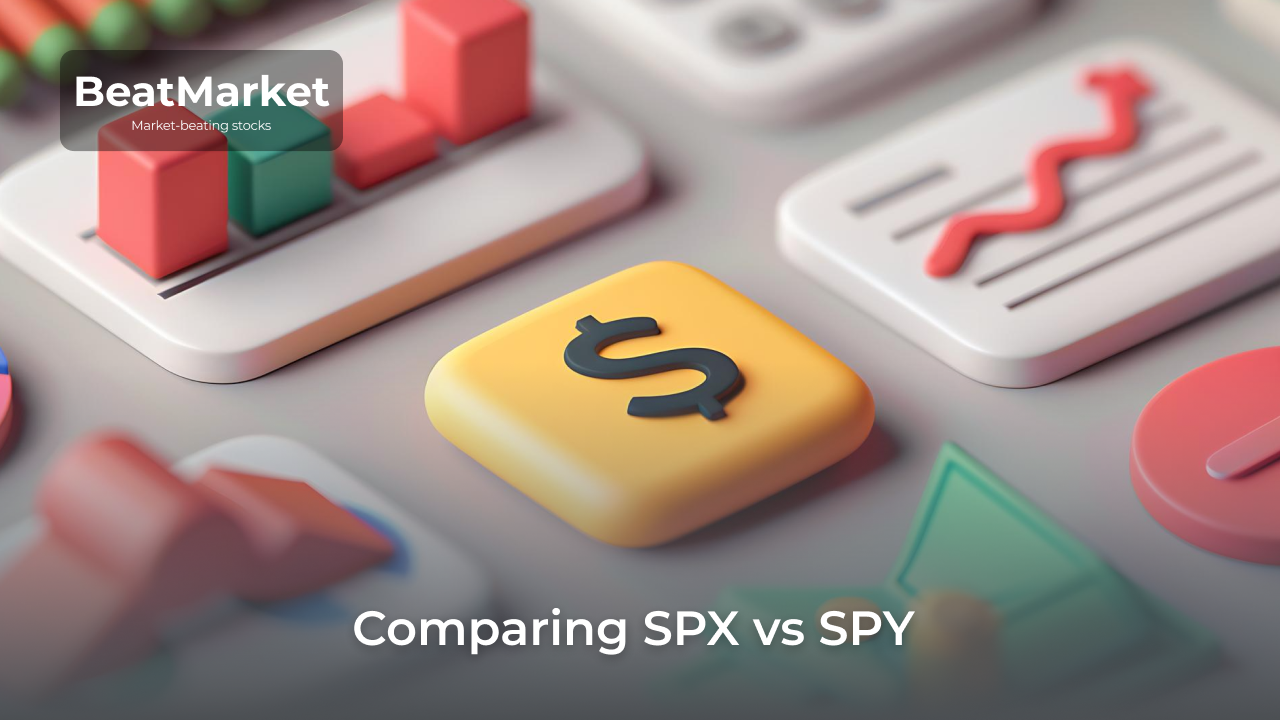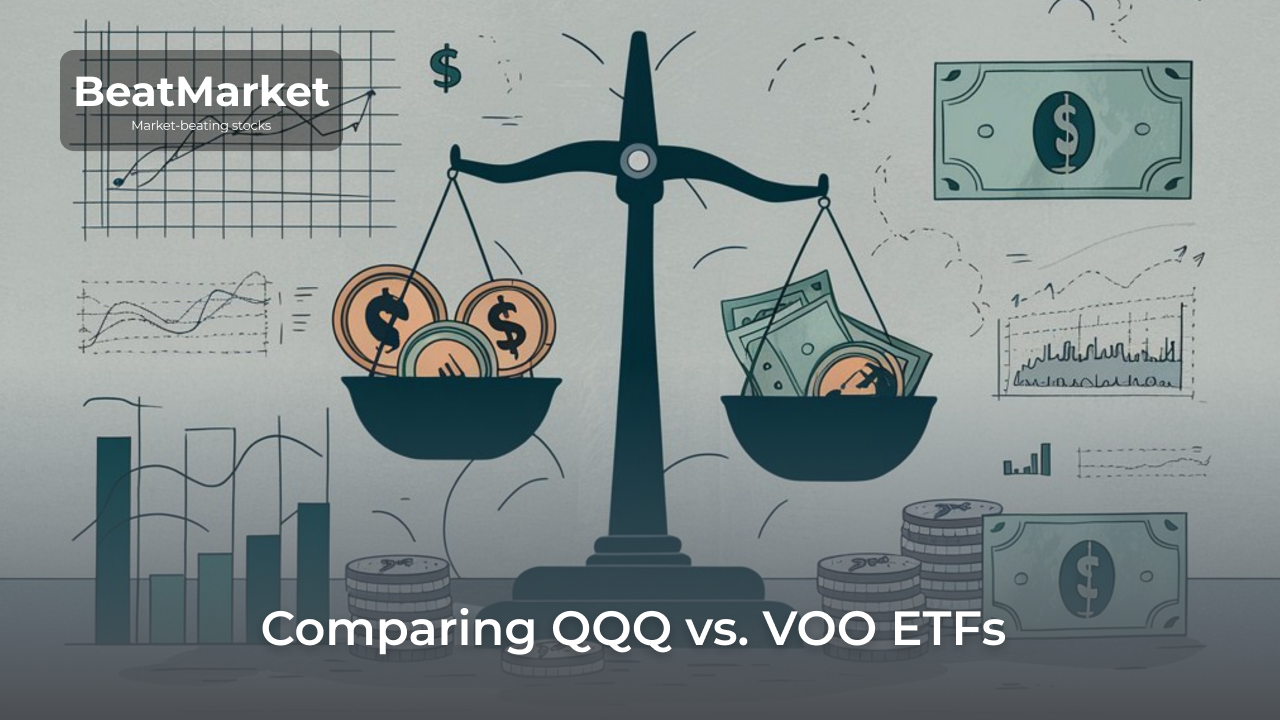Hedge funds and mutual funds are an alternative way to diversified investments. Money collected from investors are allocated then in assets managed by professionals. However, the chosen assets are not the same. Mutual funds tend to find more reliable and sustainable assets with steady returns, while hedge funds aim to pick up high risky options.
Thus, hedge funds are not the best choice for people with low risk tolerance, but they perfectly fit high-net-worth investors and those who seek to get high returns.
Table of Contents
Key Difference
| Hedge Fund vs. Mutual Fund | |
| Hedge Fund | Mutual Fund |
| Free to trade by almost any assets they want. | Seek to track an underlying index and its assets. |
| Don’t depend on the market (hedge funds are not obliged to make decisions following price fluctuations). | To mitigate risks and ensure investors’ stability the funds can lower an average cost of investment. |
| Hedge funds charge higher fees and are available mostly for accredited investors. | Lower fees accompanied by lack of limitation on investors’ status or minimum investment amount. |
| Have a certain entrance level. | Entrance level is much lower. The majority of mutual funds do not have minimum investments at all. |
| Limit opportunities to redeem. Your money will be locked for a period of time. | Free redemption possibilities and cash withdrawals. |
What are mutual funds?
Mutual funds are designed to pool investors’ money and get benefits from trade by securities. After shareholders have their money pooled, their equity from now on is under control of managers who try to pursue predetermined objectives in order to get expected returns.
Mutual funds invest in a vast number of securities comprising the overall portfolio and such a professionally managed investment requires annual fees or commissions. The commissions vary a lot and may affect total returns. However, mutual funds are considered as conservative instruments with low to moderate risk. Consequently, returns that investors can get are not as high as shares investment returns.
Mutual funds allocation is associated with publicly traded securities with usually high liquidity, i.e. your securities can be easily and quickly transferred into cash.
How mutual fund fees work
Mutual funds and their operating and managing activity cost money. Some expenses are associated with certain investor transactions, while others imply advisory fees, distribution expense, brokerage fees, custodial fees, redemption or exchange fees, etc.
In most cases, mutual funds impose charges at the time of the transactions or periodically and share with investors a fee table with enumerated fees. But except procedures like purchase or exchange, there are also service expenses, e.g. management fee, which does not usually exceed 2%, or distribution fees up to 0.25%.
Types и Characteristics
Mutual funds can be classified in many different ways according to their structure, classes of assets or investment objective. Below you can see several other categories of mutual funds with its own peculiarities:
- Actively managed funds which aim to beat the market and get competitive income.
- Passively managed funds trying to replicate an underlying index and not pursuing to improve the investment results.
- Open-ended mutual funds which can create new shares and do not change NAV per share despite the investors purchases or redemptions. Managers of open-ended funds have less flexibility than those from close-ended funds.
- Close-ended mutual funds do not allow to get back money from investors at any time and a number of share units does not change. However, shares price of closed-ended mutual funds fluctuates, shares can be sold at discount (i.e. for the less amount than the market price currently is) or for more than market value. In addition, some of the closed-ended funds pay dividends.
- Load funds which are obliged to pay commissions to the broker for being traded and sold to investors. The commissions can be charged at purchase or at the sale.
- No-load funds do not pay the broker above-mentioned commissions.
Investment strategies
Mutual funds usually have a certain strategy at their core. Wing-It Strategy with random purchases, Market-Timing Strategy taking market sectors into account, Buy-and-Hold Strategy for long-term investors and Performance Weighting Strategy assuming smart investments consisting of a mixed portfolio which is adjusted when it is necessary. All these strategies were created to gain profit and reduce risks of loss.
Comparing mutual funds with hedge funds it must be noticed that the first one is less risky and shows much more stable and predictable performance. However, the volatility of the shares of mutual funds is higher.
Fund managers must meet the criteria and buy according to these criteria. For example, they can purchase shares of a certain market segment or only shares corresponding to the chosen metrics or even collect for the portfolio securities included in a definite index.
Who is eligible to invest?
Mutual funds are suitable for investors of all types from individuals to joint couples or family members, partnership firms, banks and even for minors through their parents. However, some of these funds have a minimum entrance amount starting from 100 dollars. In other cases, to start investing in mutual funds, you need only open an account, pick one of the mutual funds, understand how the mutual fund works, and buy assets.
Regulation of mutual funds
Activity of mutual funds regulated by various bodies allows investors to be sure in security of their assets. The Security Act (1933) and the Investment Company Act (1940) govern information disclosure. According to these regulations mutual funds must provide shareholders with details of their financial state, management conditions, investment strategies and much more.
The Securities and Exchange Commission imposes restrictions on investment advisors, directors and staff. Virtually all the funds are externally managed by affiliated organisations and independent contractors. Hedge fund managers and advisors must be qualified to manage your money, and it would be better for investors to check the firm in a database (IAPD).
Fee Structure
An amount of fees charged by mutual funds strongly depends on the amount of your investments and the predetermined rules of the fund. Typically expense ratios are 0.25 – 1% per year and the more actively managed the fund is, the higher the ratio will be, therefore index funds and ETFs are typically cheapest, because trade in many of them is performed automatically.
The fee structure of funds usually can be subdivided into management fees for manager activity and performance fees calculated as a percentage of investment profits. However, there are also shareholder fees in the form of commissions while selling or buying mutual funds shares.
What are hedge funds?
The word “hedge” means to protect money, while “fund” is a pool of money, that means mutual funds in its essence were created to protect money. Hedge funds take money from their clients (individuals, companies, pension funds etc.) and invest them in financial markets. But the most important thing is that currently they invest the money in relatively liquid assets with high levels of risk that provide big returns or huge losses.
Activity of hedge funds regulated by fewer quantities of legal entities and acts is nevertheless under control of professional managers and the majority of the hedge funds is structured as a limited partnership. However, the funds are regulated in a different manner in comparison with mutual funds, therefore investors require a certain level of understanding to make smart investments. Hedge funds are able to take profit of both rising and falling market prices.
How hedge fund fees work
Hedge funds charge a percentage of the gross net asset value (NAV) of the fund, which is often in a range of 1% to 5% per year, and a performance fee equal to a percentage of the fund’s NAV increase ranging between 10 to 50%. In many cases, if the manager does not achieve a positive result, he will not be rewarded for performance. Thus, all the incurred losses must be recovered.
Types и Characteristics
Owing to less controlled management, hedge funds can create more complicated and diverse strategies. Let’s consider typical types of hedge funds based on different strategies:
- Long-Short Equity Strategy (L/S) which assumes having long and short positions in the asset to minimise market exposure.
- Market Neutral Strategy in which dollar amounts of both long and short positions are equal.
- Merger Arbitrage Strategy involves investing in shares or derivatives with subsequent profit extraction from the anticipated change in the company’s share price when the merger or acquisition is completed.
- Convertible Arbitrage Strategy involves two key elements: the convertible bonds and its underlying stock. Hedge funds gain profit on mispricing between these assets.
- Capital Structure Arbitrage Strategy is used to get benefits of price differences of the same asset in different markets. This strategy is another useful way to make a profit.
- Fixed-Income Arbitrage Strategy assumes that there is a small difference in interest rates of fixed income securities including stocks, bonds and other investments.
- Event-Driven Strategy consists in stock mispricing that may occur during or after a corporate event. Owing to this mispricing, institutional investors try to get their returns.
- Global Macro Strategy bases on the overall economic and political situation. Hedge funds using this strategy try to invest into more profitable holdings according to macroeconomic state and policy.
- Short Only Strategy refers to stock selling because of an anticipated market value decrease. Sell positions usually take shorter time units and encourage investors to be more attentive to selling opportunities.
Investment strategies
In comparison with mutual funds, hedge funds use more aggressive strategies to beat the market and show the best performance results for their clients. Wide range of strategies may include buying stocks for borrowed money, investments in derivatives, real estate, currencies and stocks at a greater risk. Hedge funds’ ability to sell in short, allows them to get profit from falling markets as well as rising ones.
Who is eligible to invest?
Hedge funds assume some restrictions regarding the type of investors, therefore it is difficult for individual investors to gain access to a hedge fund. The investments are riskier because the funds use more complex strategies like short-selling, leverage and their trades involve a wide variety of assets and its derivatives to generate returns.
Hedge funds are designed for accredited investors who have a minimum level of income or assets. Besides, it would be better to have professional knowledge to make sure that risk level suits you and you understand that the liquidity of these funds is less than of mutual funds. The lower liquidity means that it can be difficult to withdraw your money when you want.
Regulation of hedge funds
Despite the fact that hedge funds are less regulated than mutual funds, there are some entities that affect the activity of hedge funds.
An agency called the Commodity Futures Trading Commission (CFTC) regulates the activity of hedge funds on the U.S. derivatives markets to avoid frauds. The Dodd-Frank Act made changes in the Investment Advisers Act of 1940 to promote financial stability and avoid crises. The Dodd-Frank Act seeks to protect consumers and taxpayers. However, hedge funds and their share price are not subject to control of the Securities and Exchange Commission (SEC) especially when the funds maintain investor assets of less than $100 million.
Fee Structure
The structure of fees is presented by two main classes: 20% performance fee and 2% flat rate. These types of fees managers and stuff get as an income for their operating and other activities.
It must be pointed out that the performance fee will be paid to hedge fund and managers only after reaching and exceeding a prior agreed level. In most cases the level is equal to 8%. For example, China Renaissance underperformed the underlying benchmark for the last six months that is reflected in the graph below (7.06% benchmark growth vs 1.68% profit):
If the fund had created 17% profit, the performance fee would have been 9%. This fact stimulates managers to work efficiently and create more profit.
A flat rate contrasting with performance rate is charged on total AUM (Assets Under Management) and is supposed to be paid as a salary or to cover administrative and other expenses.
Summary Compression: Difference between hedge fund and mutual fund in investment strategies
Regardless of the funds that you choose, whether it is a mutual fund showing moderate, but safe performance during raising markets or hedge funds which beat the bull market on a tear, investors should have a clear vision of their investment perspectives.
BeatMarket makes it possible to ask questions to get a better understanding of who you entrust your money to. You should know where your money is going, who is managing it, how you can get it back and which taxes and fees you will pay for your trades and management. Besides, you may be interested in BeatMarket’s stock scanner to estimate your chances of successful trade. This feature will help you to identify undervalued stocks. With BeatMarket you can also create a demo portfolio and predict possible incomes or losses, experience new strategies in one platform and get risk assessments of your investments in certain funds.
FAQ
Are hedge funds better than mutual funds?
Hedge funds and mutual funds pursue different goals and are governed by different rules. Hedge funds are more focused on the higher returns and try to beat the market while mutual funds only follow the market, but investments in mutual funds have comparatively lower risk levels.
Are hedge funds the same as mutual funds?
They both pool investors’ money, but the way of investment management varies a lot. Hedge funds are free to perform more complicated schemes in order to gain profit.
Are hedge funds more aggressive than mutual funds?
Hedge funds are considered to be more aggressive, because their strategies and choice of assets are riskier and their management is not controlled or connected with standardized metrics obliging them to follow the market or an underlying index. Moreover, they can invest in derivative instruments or speculate without boundaries.
Does Warren Buffett have a hedge fund?
Warren Buffett does not have a hedge fund, because his buy-and-hold strategy is opposite to hedge funds operating activity which involves short positions and market speculations.
Do hedge funds beat the S&P 500?
Hedge funds are able to outperform the S&P 500 by many percentage points and that is one of the crucial advantages of hedge funds and their strategies.







